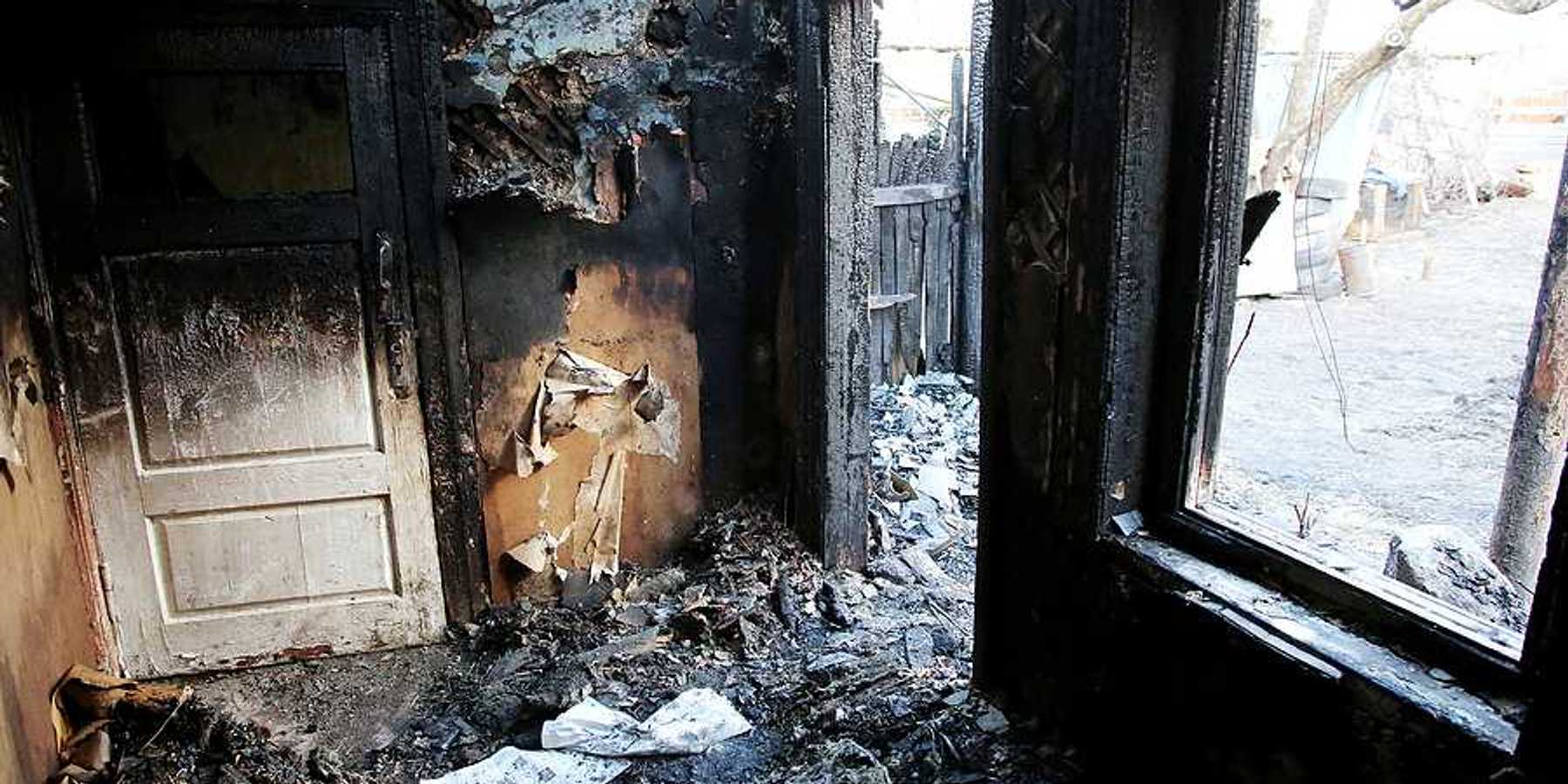air pollution/toxic exposure
The gas field next door: living amid old storage wells at risk of leaks
Auto firms find Trump plan to ease fuel rules too much of a good thing
Allegheny County is being sued for spending Clean Air funds on office renovation project
"It's just crazy to think the county would want to divert millions of dollars from these funds for one over-the-top building renovation project."
PITTSBURGH—Two environmental advocacy groups are suing Allegheny County to stop the health department from using Clean Air funds for an office renovation project.
Group Against Smog and Pollution (GASP) and Clean Air Council filed a "Complaint in Action for Declaratory Judgment" yesterday in the Allegheny County Court of Common Pleas seeking a judicial order that would prevent the county health department from using air improvement funds to renovate an office building.
Allegheny County has some of the worst air quality in the nation, is facing a childhood asthma epidemic, and is in the top 2 percent of U.S. counties for cancers associated with air pollution.
"Overall, we know that air pollution in Allegheny County is a serious problem," Rachel Filippini, the executive director of GASP, told EHN. "People are sickened by air pollution. It causes premature deaths. Quality of life is spoiled. We have these funds that can help us improve air quality, and it's just crazy to think the county would want to divert millions of dollars from these funds for one over-the-top building renovation project."
The county's Clean Air fund currently has a balance of about $11.8 million in fines paid by companies that have violated air pollution regulations. The Allegheny County Health Department is seeking $9 million dollars to renovate a county-owned building. They plan to get half of that money from the Clean Air fund and the other half from Title V funds, which are intended to cover the cost of permitting, inspecting and monitoring major industrial sources of pollution.
The office building the county intends to renovate is located in the trendy neighborhood of Lawrenceville, which is home to some of the most expensive real estate in the city. The Health Department says the building is in dire need of updates and that staff members are working under cramped conditions. They intend to make the updated building the headquarters for a new air quality program.
In its legal filing, GASP and Clean Air Council are asking the court to declare, among other things, that the county is unlawfully interpreting its regulations and spending funds improperly.
"Money has already been spent on things like architectural design work," Fillipini said. "We want to prevent any further misuse of these funds." She noted that the Board of Health has already approved a portion of the Health Department's initial funding request from the Clean Air act, and that the agency does not need to approve the spending of Title V funds.
A previous report from advocacy group PennEnvironment indicates that 70 percent of Pittsburgh's air pollution comes from just 10 industrial sources. Many of the region's largest polluters are operating without permits or with expired permits, making it difficult to regulate their emissions. In March, the Clean Air Council filed a notice of intent to sue the Environmental Protection Agency unless it forced the Allegheny County Health Department to resolve its Title V permitting backlog.
Allegheny County's rainy day fund holds approximately $46 million, and Allegheny County Council recently approved $114 million for infrastructure bonds. The Clean Air council and GASP believe the county should be able to complete the office upgrade project with funding from other sources but is unwilling to do so.
Not the first time
This is not the first time the question of whether Clean Air funds can be spent for county projects has come up. In 2006, the county proposed using $1.2 million to demolish the toxic remnants of a former U.S. Steel plant, according to a report from Public Source. GASP argued that the private company should be responsible for the demolition and filed a lawsuit. A judge stopped the county from using Clean Air funding for that project.
Fillipini said that prior to initiating this lawsuit, representatives from GASP and the Clean Air Council attended Board of Health meetings and met with various health department officials to urge them to spend these funds on improving air quality instead of a building renovation but were largely ignored.
"It doesn't seem like they've explored all possible options for a cost-effective solution if the current location for the air quality program is insufficient or they're outgrowing it," Fillipini said. "Or if they have, that has not been laid out in a transparent way for the public. I wonder if the Board of Health has really done its due diligence."
She added, "We have roughly 30 major sources of pollution in Allegheny county, some of which do not have current Title V permits, some of which are violating their permits. We believe that using this funding for anything but the purpose of improving these facilities' permits and addressing the region's serious air quality problem is a misuse and is unlawful."
We have reached out to the Allegheny County Health Department for comment and will update this story if they respond.










